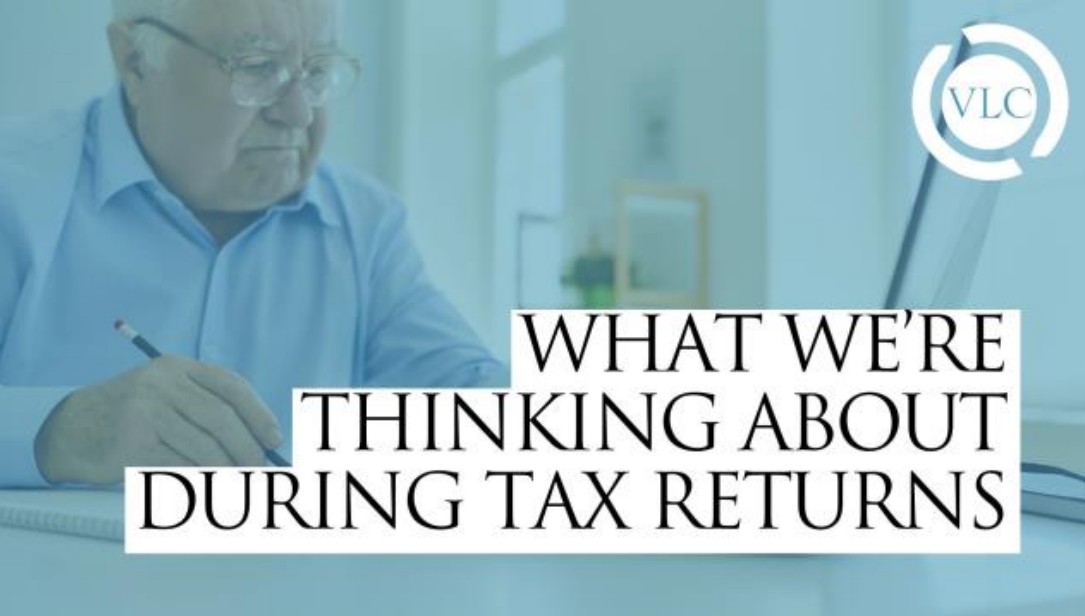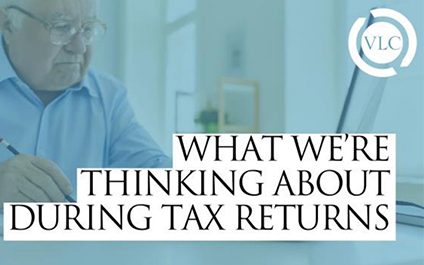
Tax planning isn’t just about crunching numbers—it’s about making sure your money is working for you in the most efficient way possible. The best strategies aren’t always the most obvious,
and sometimes, a little creativity can go a long way. As we look ahead, here are some key areas worth revisiting.
Tax-Efficient Charitable Giving
Most families know the connection between charitable giving and tax benefits, but many aren’t aware of the variety of tax-efficient methods to give. They go far beyond writing a check, at least
as far as tax benefits.
If you're planning to give, consider options like appreciated stock, direct IRA contributions, or simply timing your donations differently. In some cases, bunching multiple years’ worth of giving into a single year can make a bigger tax impact using a vehicle like a Donor Advised Fund.
You don’t have to know all the options–that’s our job. Just voice to your planning team that you have a desire to review your giving options to improve your tax efficiency. We’ll provide you with options to suit your objectives.
Using Investment Losses Wisely
Market ups and downs can also create opportunity. If you’re holding investments that have lost value, selling them at a loss could offset capital gains elsewhere in your portfolio. Just watch for wash sale rules—rebuying the same investment too soon could disqualify the deduction.
Making the Most of Retirement Accounts
Maxing out contributions to tax-advantaged accounts is a given, but optimizing your strategy is just as important. Are you contributing enough to get the full employer match in your 401(k) or
403(b)? Could this be the right year for a Roth conversion, especially if you anticipate lower income? Health Savings Accounts (HSAs) are another powerful tool, offering triple tax benefits
and long-term financial flexibility.
Estate Planning Moves to Consider
As any good advisor should tell you, tax planning is not a year-by-year. We want to look over your full lifetime, including at your estate. Looking ahead to how your wealth will be passed on is
a smart part of any tax strategy.
Annual gifting—up to $19,000 per recipient—can help reduce your estate over time. Qualified Personal Residence Trusts (QPRTs) are especially helpful for passing on a second home at a
reduced tax cost. Trusts and other transfers can play a key role in preserving wealth across generations.
Planning for the Long Term
Effective tax planning often connects back to broader financial goals. Being proactive can provide flexibility, even as tax laws and markets evolve. Rather than year-end scrambling, a
thoughtful approach throughout the year may help you identify more opportunities.
The takeaway? Tax planning isn’t just about reducing this year’s bill—it’s about structuring your finances in a way that supports your future. The best way to do this is a collaborative approach by your financial team, leaning on both your tax professional and your financial planning team. Let your team do the heavy lifting for you.
Traditional IRA account owners have considerations to make before performing a Roth IRA conversion. These primarily include income tax consequences on the converted amount in the
year of conversion, withdrawal limitations from a Roth IRA, and income limitations for future contributions to a Roth IRA. In addition, if you are required to take a required minimum
distribution (RMD) in the year you convert, you must do so before converting to a Roth IRA. LPL Financial representatives offer access to Trust Services through The Private Trust Company
N.A. an affiliate of LPL Financial.
This information is not intended to be a substitute for specific individualized tax or legal advice. We suggest that you discuss your specific situation with a qualified tax or legal advisor.
Securities and advisory services offered through LPL Financial, a registered investment advisor, Member FINRA/SIPC

